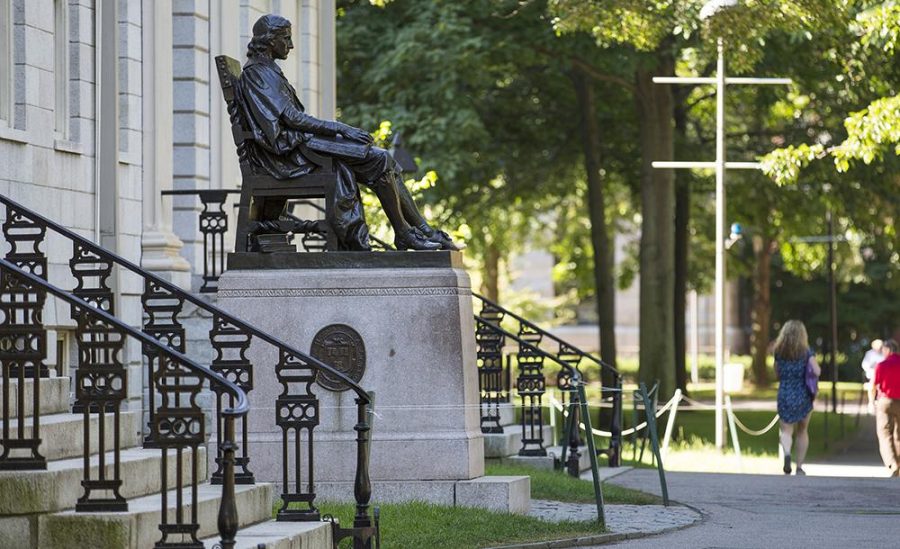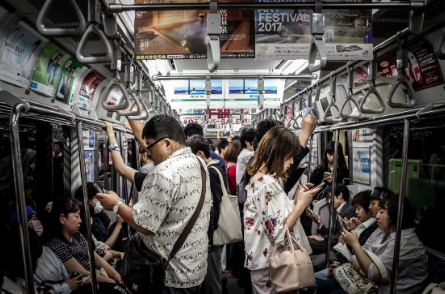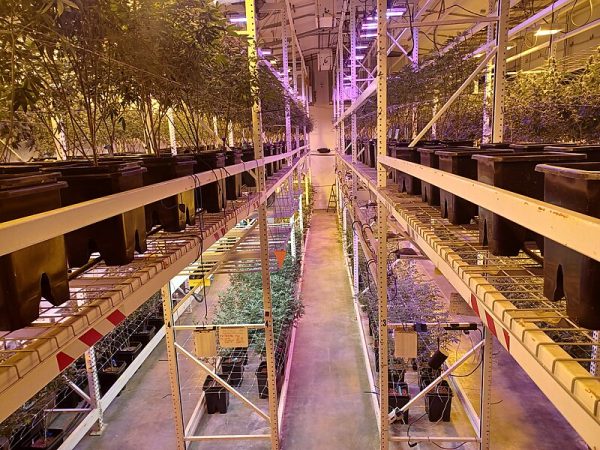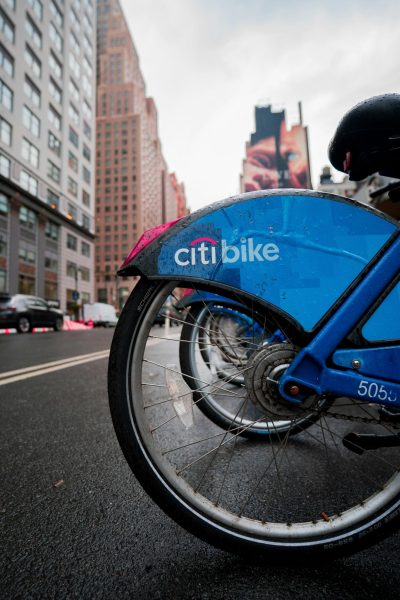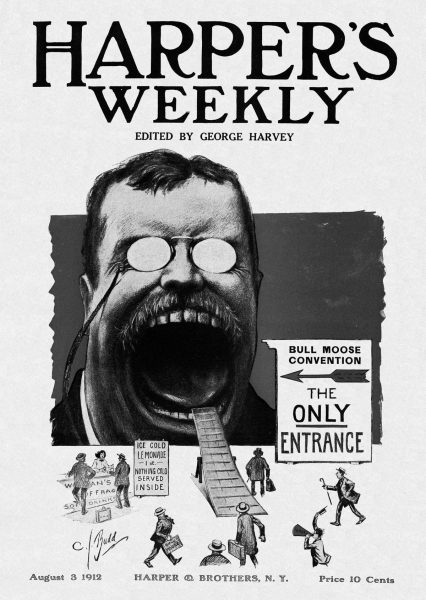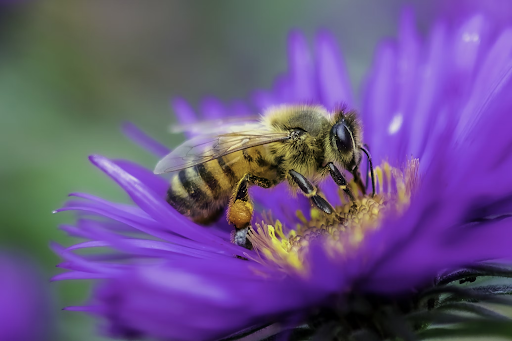The Impact of the Coronavirus Pandemic Upon College Admissions
One of the most competitive institutions in the world, Harvard University, will potentially have to make room for a larger class size next year.
Over the course of the past several months, one thing has become abundantly clear — the Coronavirus pandemic will have a significant ripple effect on all of our futures. Throughout all the different echelons of our society, the Coronavirus pandemic has created uncertainty over what the coming months will bring, and it has rendered all plans highly circumstantial, depending on whether or not a vaccine is found and to what extent measures can be put in place to effectively limit its spread.
For class of 2020 high school seniors on the verge of matriculating to the university of their choice this fall, the Coronavirus pandemic has posed a major question: what to do about next year? For some, the financial strain of the Coronavirus pandemic and widespread unemployment has forced them to put their college plans on hold. For others, the fear of online classes and an inflated tuition has led them to postpone their first year of college until the future of in-person classes is more certain.
Regardless of the personal reasoning behind each student’s decision, however, this wave of deferrals—or at least anticipated deferrals on the part of universities throughout the U.S.—has caused educational institutions everywhere to have understandable fears about filling up sufficient spots for the Class of 2024 and their need for tuition, more dire than ever before, given the financial consequences of the Coronavirus pandemic. The effects of this have been widespread, but the one felt most keenly by high school seniors thus far has been a higher acceptance rate from waitlists at many top tier colleges and universities across the country.
Waitlist acceptances have always been notoriously elusive, especially at places where those who are offered a spot tend to accept. At highly ranked universities, where yield is high, often few people are admitted to the waitlist in general, and those who are often do not get a spot. Similar to regular decision, the acceptance rate for many Ivy League and other top universities off the waitlist hovered around six percent last year, a shockingly low figure. Ultimately, this means that being a part of the waitlist—while it inspires hope and can give promising applicants the push they need to write a fantastic letter of continued interest—is by no means a guarantee of acceptance.
However, amidst the current crisis, the ultra-competitive terrain of college admissions has been forced to adapt to the circumstances. This has materialized in the form of a larger waitlist. Brown, citing the previous example, has an active waitlist of eight hundred applicants this year, and higher acceptance rates. Fears of many students taking a gap year loom high over universities, which has clearly had an impact on the way that they evaluate candidates.
At Bronx Science, many members of the Class of 2020 have been admitted to their dream school off of a waitlist. For those students, this acceptance will likely be a metaphorical beacon of light in an otherwise extremely dark time. For the Class of 2021, the impact of the Coronavirus pandemic upon their college admissions remains to be seen. Given the number of deferrals, it is possible that applications will be even more devastatingly competitive next year than ever before. With a huge number of already guaranteed places for students who chose to take a gap year for 2020-2021, next year’s application season poses existential questions regarding the future of college admissions. Hopefully both students and universities alike will learn from this crisis, and together will both improve applying to college for future generations.
Amidst the current crisis, the ultra-competitive terrain of college admissions has been forced to adapt to the circumstances.

